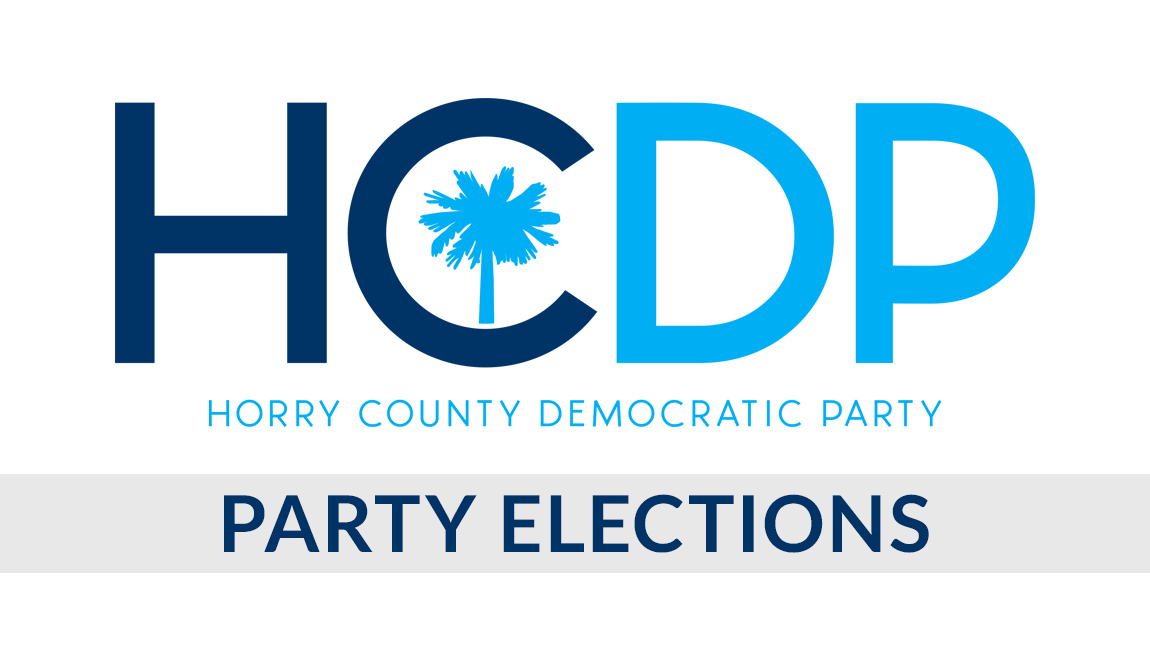By Steve Hamelman
Gerrymandering: a seemingly benign, some would say goofy-sounding, noun that belies the harmful voter suppression it represents.
Dating back to a scheme concocted in the Massachusetts legislature in the 1810s, gerrymandering is, in the words of Coastal Carolina University politics professor Drew Kurlowski, the “crafting of legislative boundaries for political advantage.”
In other words, it’s a nefarious, and at the same time legal, form of voter suppression wherein a dominant party creates voting districts by manipulating their shape and size in order to reduce the impact of the opposing party’s votes in an election while maximizing the dominant party’s own returns at the polls.
In practice, Party X maintains its power by the manner in which it draws districts, bunching certain groups and then tallying their votes to Party X’s advantage.
It’s a main reason why, in South Carolina’s 2020 election, 96% of incumbents were re-elected: only six seats among our 170 senators and house representatives were “flipped.”
And it’s the main reason why in that same election nearly all of Horry County’s incumbent red legislators went unchallenged. A blue challenger would have found him- or herself running in vain in the six out of seven districts gerrymandered to favor Republican candidates.
As seen in Horry County and the rest of the state, not to mention the nation at large, the consequence of gerrymandering, according to The Guardian reporter Wayne Dawkins, is that in 21st century America, “voters don’t pick their elected officials; politicians pick their voters.”
In sum, gerrymandering is one of the most effective means of perpetuating partisanship in what should otherwise be open and fair elections in a supposedly free society.
Preclearance: The Supreme Court Strikes Back
In 2013, the United States Supreme Court struck down preclearance, a key provision of the Voting Rights Act of 1965. Preclearance guaranteed Justice Department oversight of electoral codes in southern states with a legacy of passing and enforcing discriminatory voting regulations.
With the elimination of preclearance, all states suddenly had license to implement restrictive voting laws without interference from Washington.
Georgia’s controversial new voting law, for instance, which received national attention when it was passed in March, reflects the boldness with which GOP-run states have proceeded since the Supreme Court’s dilution of the original, and ground-breaking, Voting Rights Act.
The Supreme Court’s decision was also a boon to South Carolina’s Republican Party. Along with other forms of voter suppression, the high court cleared a path to unregulated gerrymandering, thereby reinforcing a Republican status quo buttressed by the state legislature’s ability to design the state’s seven voting districts to serve not voters but itself.
GSAT: Voter Activism in Horry County
Grand Strand Action Together (GSAT) is a “non-profit community organization devoted to education, outreach, and advocacy.”
In a series of short videos, Randy German, the chair of GSAT’s Election Reform Committee, analyzes gerrymandering and the damage it has done to representative government in South Carolina.
Another in-depth look at the problem is the GSAT’s virtual seminar on gerrymandering, held on March 19—must-see viewing for Democrats trying to understand the gerrymandering mess.
In these virtual venues, German explains many eye-opening facts, such as the reason for the discrepancy between South Carolina’s actual red/blue demographic of 55/45% and the politically created one of 65/35%. Without gerrymandering, our U.S. House representative ratio would be no lower than two Democrats to five Republicans, more likely three to four—a far cry from the current one to six with only one female and one African-American.
German also explains how the state senate and house “pack” and “crack” the electorate in order to suit Republican interests, using hi-tech computer programs to squeeze the most out of lopsided districts.
And he explains how Democrats, and the minorities they represent, are rendered powerless by unchecked gerrymandering.
Locked into their gerrymandered districts, viable candidates willing to go up against Republican hegemony simply don’t bother.
This leaves incumbents, fearing no push-back, less inclined to serve the public interest and more inclined to gratify their base, lobbyists, and donors.
This state of affairs means that public grievances receive little, if any, attention from complacent leaders who never have to worry about being ousted. Progress stalls, policy-making stagnates, marginalized voices are stifled, debate dwindles, and democracy withers on the vine.
The Path(s) to Reform
At present, two bills intended to reform nationwide voting rights abuse—the For the People Act and the John Lewis Voting Rights Advancement Act—are blocked in the Senate. The Republican opposition, embodied by Senate Minority Leader Mitch McConnell, is absolute, nullifying debate as well as passage of this badly needed legislation.
Barring the reinstatement of preclearance or some other remedy, gerrymandering will continue to thrive in GOP-held cities, counties, and states.
Here in the Palmetto State, litigation initiated by advocacy groups may, just may, succeed in chipping away at the monopoly-like grip of Republicans.
Should this tactic fail, Democratic insiders in Horry County envision a petition-drive, requiring 15% of a precinct’s registered voters, to enact an independent/non-partisan voting commission that would redraw districts based on new census data. The commission would not be selected by or comprised of politicians.
This commission would be the best step toward restoring sanity to the skewed districting practices that have done so much damage to representative government in Horry County and countless other counties across the land.






